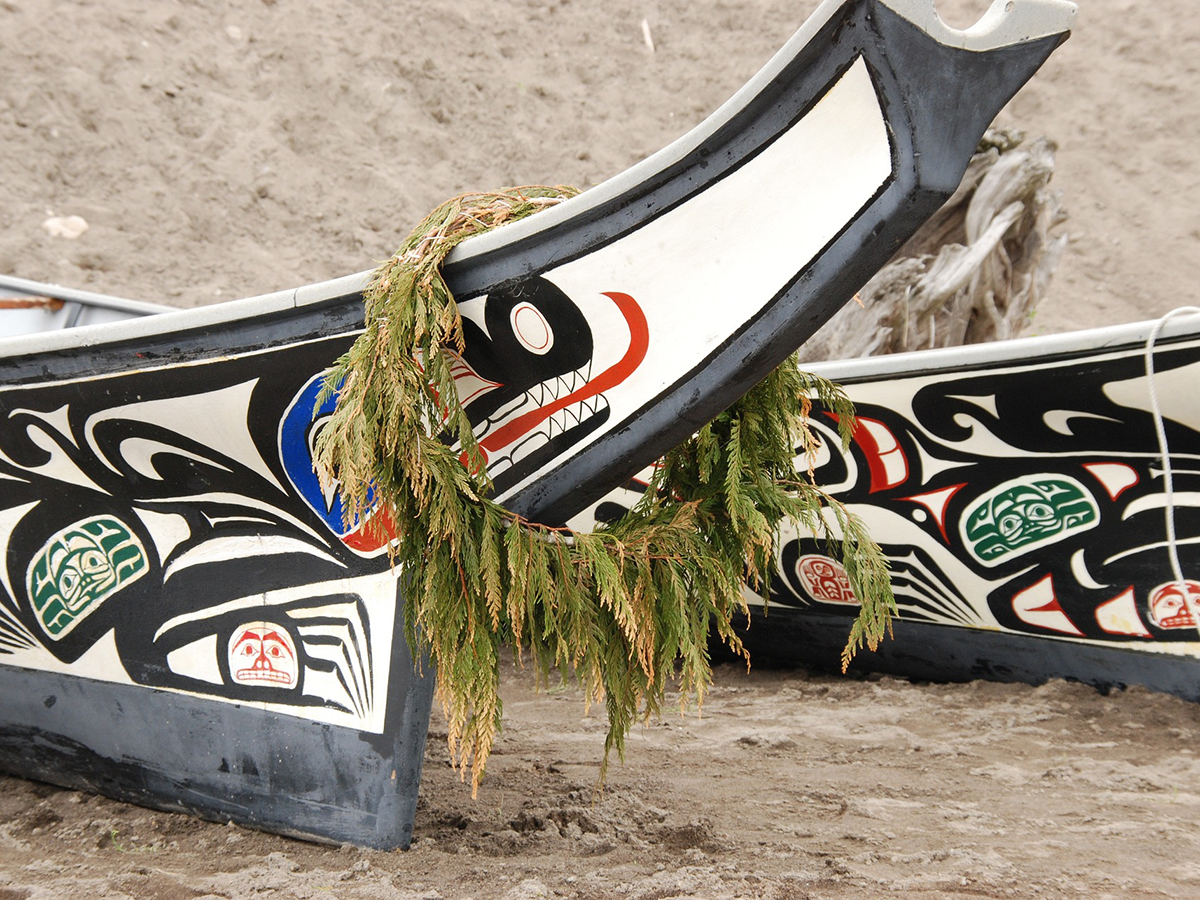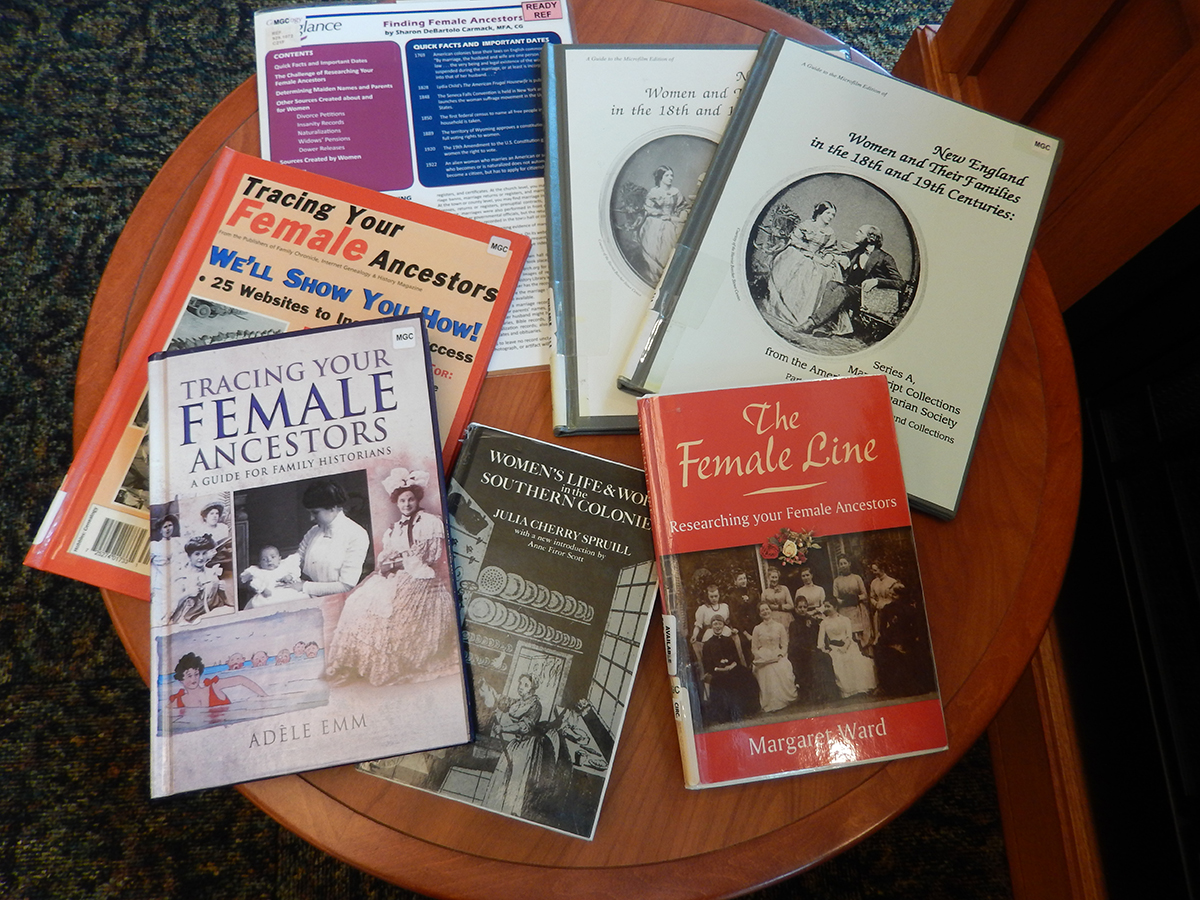
October 26, 2022
A customer recently asked for help tracing her maternal ancestors, Indigenous people who had settled in northeast Kansas. She knew that the method for researching the Five Civilized Tribes* was available through books and online sources, but she needed information about tribes outside of the Five Civilized Tribes, members of the Iowa Tribe. What would that research process look like for her?
The good news—the process is the same for any tribe:
- Identify the specific timeframe and location(s) for your ancestor
- Identify the tribe and study its history
- Determine what records were created for the tribe and where they are located
When you’re ready to start the search, Ancestry Library Edition and Fold3 are the main databases that Mid-Continent Public Library provides for researching Indigenous ancestors. A great place to start is the Indian Census Rolls. From 1885 to 1940, Indian agents and reservation supervisors conducted annual surveys of the Indigenous population.
Much of the information on the rolls reflects information from the general population census: English and/or Indigenous name, age, sex, relationship to the head of household, etc. Not every tribe was surveyed, nor did surveys occur every year. Fold3 has more than 420,000 records, and Ancestry Library Edition has more than 7.5 million records available. Within minutes, the customer found her grandfather and his mother and siblings, one of whom was previously unknown.
Remember the good news from earlier? It’s time for the not-so-great news: not a lot of records outside the Five Civilized Tribes have been digitized, so once you’ve exhausted your search options using Ancestry Library Edition and Fold3, it’s time to turn to other sources. MGC’s reference collection will help track down land records, trading post and mission records, annuity rolls, Indigenous newspapers, and school records. In addition, MGC has gathered all of its Native American microform sources into a concise booklet that is viewable online: Native American Indian Records on Microform.
We would also like to welcome you to attend our all-new Tracing Your Native American and Alaska Native Ancestors class on January 18, 2023, from 6:30 to 7:30 p.m. Registration is required.
Angela
Midwest Genealogy Center
*The use of the term “Five Civilized Tribes” is used as historical reference to the term used to refer to the five tribes that were forcibly removed from their homelands and taken to reside in Indian Territory during the mid-19th century. The term refers to a time, place, and description to narrow down which bands of the Cherokee, Choctaw, Chickasaw, Seminole, and Muscogee (Creek) Nations that are referred to by the Dawes Commission and listed on the Dawes Rolls.
Read Similar Blogs:
Genealogy







